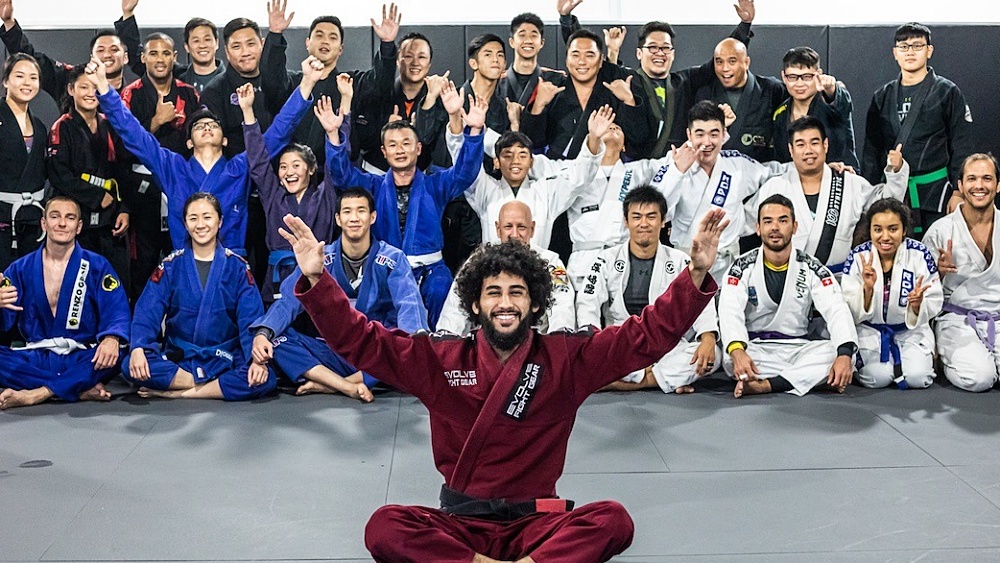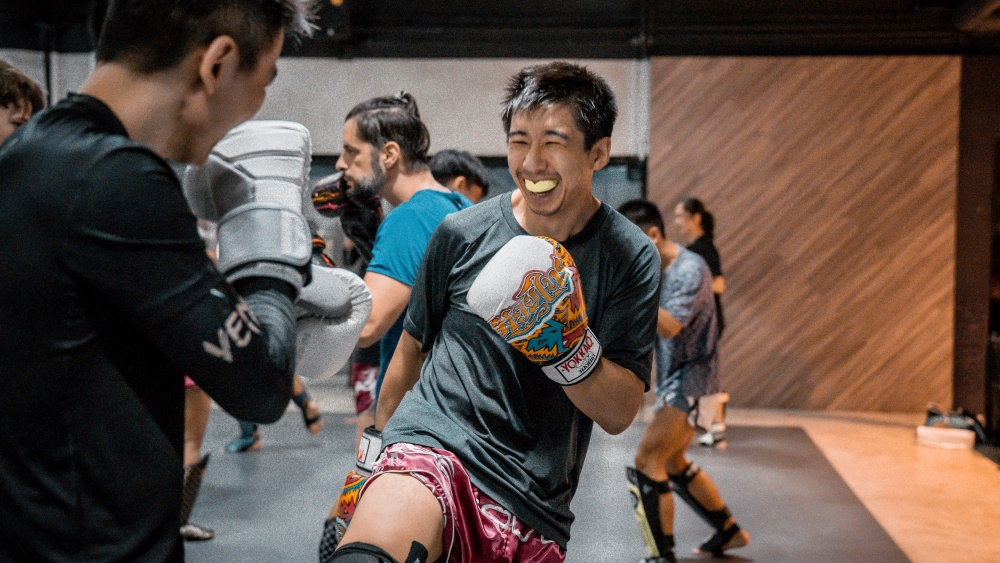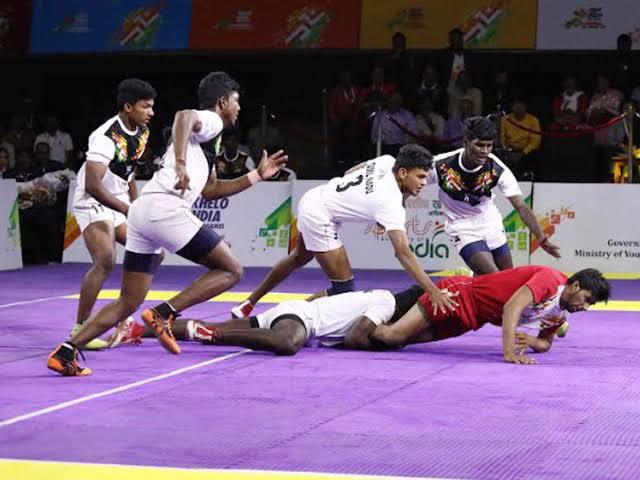A loss during competition sometimes feels like a sucker punch to your ego. One minute, you’re on top of the world and questioning every decision you made during the match—and maybe even in life—the next minute.
Here’s what you need to remember during these challenging moments. Defeat is part of the martial arts journey, and every fighter, from weekend warriors to ONE Championship belt holders have experienced it.
What sets the best martial artists apart from everyone else is their ability to bounce back after losses. The road to recovery after a disappointing loss starts with a mental reset. It requires more than simply dusting yourself off and getting back to training. It’s about processing the loss, learning from it, and returning physically and mentally stronger.
Accepting The Impact Of A Loss
The first step in bouncing back after a loss is understanding how it affects you emotionally. Losing a competition can mess with your self-esteem and lower your focus. Feeling bummed out after a loss is perfectly normal. It just means you’re human.
Studies show that significant emotional events, like a grueling loss, can lead to changes in your brain that affect your mood, memory, and behavior. The sooner you accept how a loss has affected you mentally, the quicker you can put it behind you.
Take a moment to check up on yourself after a loss and go over the following questions:
- Do you feel angry or disappointed?
- Are you avoiding thinking about the fight?
- Are you replaying the moment you were defeated over and over?
Being honest about your emotions doesn’t make you weak; it simply means you are self-aware. Self-awareness is the first step toward putting losses behind you.
Learning From The Loss
Once you’ve acknowledged the emotions in your head, it’s time to shift focus and pinpoint any lessons you can learn from your loss. Instead of beating yourself up, focus on things you can potentially do to prevent whatever led to your loss from occurring the next time you step on the mat. Some of the things you could do to prepare moving forward include:
1) Reflect Without Dwelling
Watch videos of your match, if available, or go over how it unfolded in your mind. Three questions to ask yourself include:
- What did I do well? Identify the things you did well during the fight, no matter how insignificant they might seem.
- What went wrong? Be honest about your mistakes without being overly critical.
- What can I improve? This is where you turn reflection into action—got caught with a rear-naked choke? It’s time to work on defending against the choke and improving your ability to keep opponents off your back.
The key here is to analyze your performance objectively. Instead of dwelling on the loss and spiraling into negativity, treat this as a fact-finding mission. Be a detective, not your own worst critic.
2) Set Clear Goals
Set specific goals to work on after reflecting on what led up to your loss. For example:
- Add more cardio sessions to your weekly training schedule if fatigue played a role in your loss.
- Drill defensive techniques to address weaknesses like not being able to establish your jab.
- Spend more time on strength and conditioning if your opponent’s physical strength played a role in your loss.
Keep your goals specific, measurable, achievable, realistic, and time-bound, S.M.A.R.T in short, when setting them. For example, your goal can be adding a few more cardio sessions to your weekly training so you can compete at a high level for ten more minutes than you currently can before your next competition in six months. Setting a goal to master BJJ in the next three months isn’t realistic.
Goal setting helps keep you focused more on growth, keeping your mind on progress instead of the past.
3) Embrace Mindfulness
Training your body is only half the battle after a disappointing loss. Your mind needs some work as well. Add mindfulness practices like meditation, deep breathing, or combat visualization to help manage stress as you prepare for your next competition.
Rebuilding Confidence
Confidence is the backbone of any martial artist’s success on the mats; a loss can shake it at its core. Rebuilding your belief system is a necessary step after a loss.
Get your confidence back to where it was with these simple hacks:
1) Visualize Victory
Mental imagery is a powerful tool, so use it to your advantage. Close your eyes and imagine yourself back on the mat, executing techniques flawlessly and walking away with your hand raised. Add adversity to your visualization exercises and imagine yourself overcoming it on your way to victory.
Visualization isn’t just daydreaming—it’s a proven strategy that boosts confidence, improves performance, which leads to better outcomes. Spend a few minutes daily picturing success. The more vividly you can see it, the more likely you’ll be able to make it happen.
2) Surround Yourself With Positivity

After a tough loss, lean on your support system—your coach, training partners, and friends. They’ll remind you of your strengths and help you move forward.
Your support system is crucial after a tough loss. Your instructors, training partners, friends, and family members can provide much-needed perspective when you’re too caught up in your own head.
Resist the urge to isolate yourself after a loss and surround yourself with people who remind you of your strengths and push you to keep going forward.
3) Celebrate Small Wins

Celebrating small wins builds confidence with each milestone, reminding you that you’re one step closer to your goal.
Confidence isn’t built overnight, so start small by celebrating your progress, no matter how minor it seems. Escaped from the bottom mount with a black belt on top of you for the first time or caught a kick during sparring? Those are wins— all of which are worthy of a small celebration later in the day. These small victories remind you that you’re making strides.
Embracing The Journey And Stepping Back Into The Ring
Here’s the fun part—getting back to work in the gym:
- Develop A Game Plan: If your opponent outpaced you with superior cardio, adjust your routine, add more roadwork, slow-steady cardio, and high-intensity interval training. Train with a purpose and avoid winging things. Your training routine should address the weaknesses exposed during your loss while building on your strengths for the next match.
- Stay Consistent: The path to improvement requires you to show up every training day. Progress takes time, and consistency is the only way to get there.
- Embrace The Journey: Losses are part of the martial arts journey, and how you respond to them defines you as a fighter. Remember why you started for the challenge, the discipline, and the thrill of testing yourself. That drive is what’s pushed you to climb higher.
Recovering from a loss isn’t always easy, but how you respond often separates the greatest martial artists from everyone else. Don’t run away from your emotions; learn from your mistakes and rebuild your confidence so you’re a significantly improved fighter the next time you step on the mat.
You may also like:
Journaling For Martial Artists: Tracking Progress And Building Resilience
If you enjoy leisurely walks around the trendy enclave of Paya Lebar-Katong to suss out where the good food options are, then you’ve probably come across KINEX. The modern mall is about ten minutes away…
Martial arts have shaped the world’s military forces for millennia and continue to do so despite the many military technological advancements made in the past few centuries. While the days of battles taking place on…
Working out can greatly boost your mood, whether you do martial arts or another sport. But you also have to eat well to reap the benefits of exercise. Just look at what these six famous…
Westsiders in Singapore, are you looking for a gym to help you kickstart your new year’s resolutions? If you’re looking for a martial arts class at The Star Vista, the good news is that the…
If you’re often at KINEX Mall for a good ol’ round of boxing, Muay Thai, Brazilian Jiu-Jitsu, or mixed martial arts session at Evolve MMA, you might be wondering whether there are lovely places to…
Alex “Poatan” Pereira is one of the most dynamic and exciting fighters in the current era of mixed martial arts. Poatans’ meteoric rise can be attributed to his devastating knockout power and fan-friendly style. However,…
Roadwork has been the main cardiovascular training activity for martial artists in styles like Kickboxing, Muay Thai, and Boxing. But is it really the most effective way to improve your cardio for martial arts? Or…
The teep is one of Muay Thai’s fundamental techniques and arguably the most used strike. It’s the kicking version of the jab and serves similar purposes. Also called a push kick, the teep can be…
Mental fatigue is more than just feeling tired. It results from prolonged focus, decision-making, or stress, leading to a noticeable decline in cognitive performance. In today’s fast-paced world, where we juggle multiple tasks, mental exhaustion…
In Brazilian Jiu-Jitsu, the ability to control an opponent and dictate the pace of a match is just as important as finishing a submission. Many practitioners focus heavily on submissions, but without solid positional control,…
The lead hook can be a double-edged sword. Land perfectly, and your opponent’s night might be over. Throw it half-heartedly and you might fight yourself eating a hard right that puts you to sleep. The…
Many strikers don’t think they need to learn how to wrestle until they feel what it’s like to battle a strong grappler. Striking and grappling are the two opposite ends of martial arts training, and…












